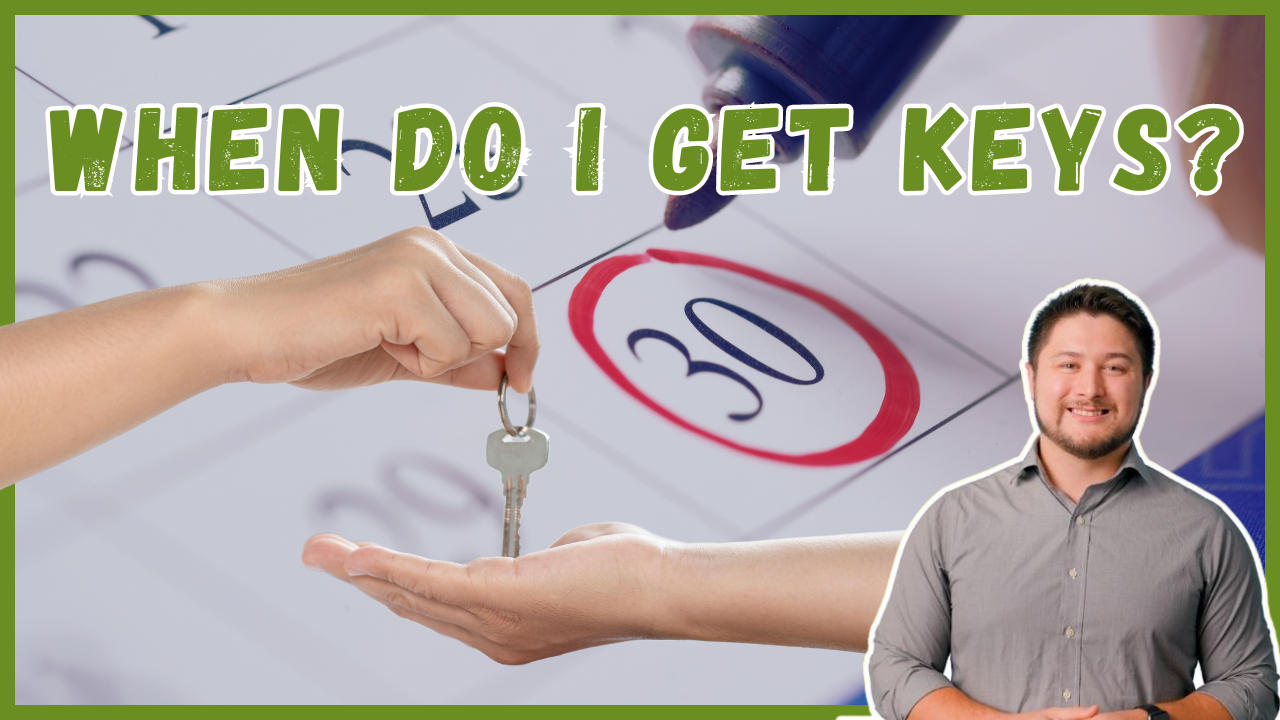The Most Frequently Asked Questions in Real Estate:
Expert Insights for Oregon & SW Washington First Time Home Buyers
Navigating the real estate market in Oregon and Southwest Washington can be complex. As an experienced real estate professional with deep knowledge of the local market, I’m here to provide answers to the most frequently asked questions I receive from clients. From understanding mortgage options, to tackling common buyer and seller concerns, this guide will equip you with the information you need to make informed decisions. Whether you’re buying your dream home in Portland, Vancouver, the scenic Willamette Valley, or anywhere else in the Metro area I’ve got you covered with expert advice tailored to the unique nuances of the Oregon and SW Washington real estate markets.
What is the first step in buying a home?
- The first step is to determine your budget and get pre-approved for a mortgage.
How do I know how much I can afford?
- Your lender will consider factors like income, debt, credit score, and down payment to determine your affordability.
What is a down payment?
- A down payment is the upfront amount you pay towards the purchase price of the home. It typically ranges from 3% to 20% of the home’s price.
What is a mortgage pre-approval?
- Pre-approval is when a lender evaluates your financial situation and gives you a loan amount you are likely to qualify for.
What additional costs should I budget for?
- In addition to the down payment, consider closing costs, home inspections, property taxes, homeowners insurance, and maintenance.
What’s the difference between a fixed-rate and an adjustable-rate mortgage (ARM)?
- A fixed-rate mortgage has the same interest rate for the entire loan term, while an ARM’s rate may change over time.
What is closing?
- Closing is the final step in the home-buying process where you sign all the paperwork and officially become the homeowner.
Can I buy a home with student loans or other debts?
- Yes, but your debt-to-income ratio will be considered by lenders when determining how much you can borrow.
What is a good credit score for buying a home?
- Generally, a score of 620 or higher is considered good for most types of loans, but the higher your score, the better your loan terms will be.
What is the difference between pre-qualification and pre-approval?
- Pre-qualification is an informal estimate of how much you can borrow based on basic financial information. Pre-approval is a more formal process that involves submitting financial documentation and allows you to get a specific loan amount from a lender.
How long does it take to buy a house?
- From making an offer to closing, the home-buying process usually takes around 30-45 days. However, this timeline can vary depending on factors like negotiations, inspections, and financing.
What is a contingency, and should I include one in my offer?
- A contingency is a condition that must be met for the deal to go through, such as a home inspection or financing contingency. It’s wise to include contingencies to protect your interests, especially as a first-time buyer.
What are the best mortgage options for first-time buyers?
- FHA loans, VA loans (for military members), and conventional loans with low down payments are popular options for first-time buyers. The best loan for you will depend on your financial situation, credit score, and down payment.
What is earnest money, and how much should I offer?
- Earnest money is a deposit that shows the seller you’re serious about purchasing their home. Typically, earnest money ranges from 1% to 3% of the purchase price. This money is credited toward your closing costs or down payment if the sale goes through.
What happens if I don’t get approved for a mortgage?
- If you’re not approved for a mortgage, you can work with your lender to understand why and address any issues, like improving your credit score or reducing your debt. You may also explore other mortgage options or down payment assistance programs.
For more frequently asked questions, in depth information & a more personalized discussion please register for either a virtual or in person first time home buyers class https://www.livingroomre.com/stories/first-time-home-buyer-class-southwest-washington/

